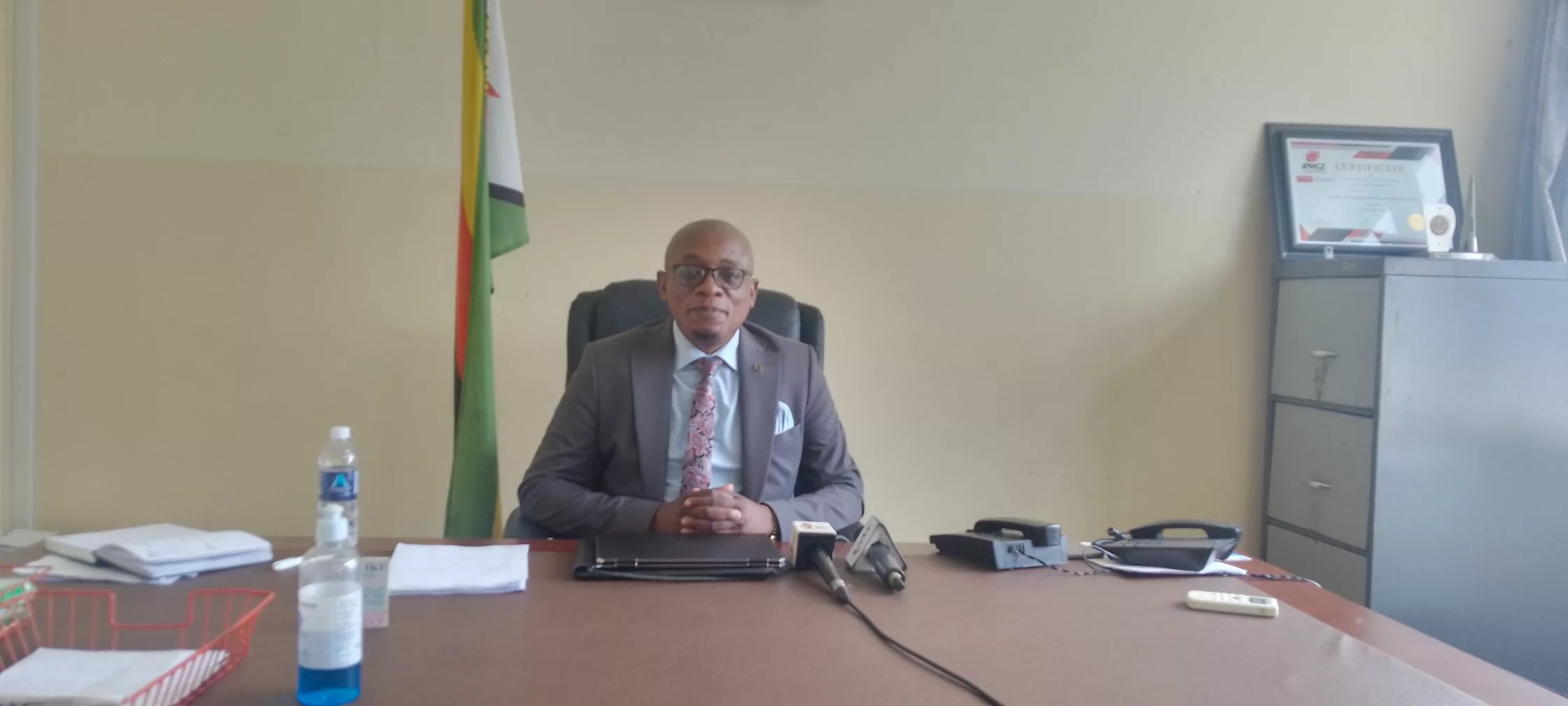|
Getting your Trinity Audio player ready...
|
The Ministry of Primary and Secondary Education (MoPSE) has said the heritage-based curriculum enhances the continuous assessment learning activities (CALA) to sharpen the competencies of learners.
“The difference between the competence-based curriculum, which included the continuous assessment learning activities, which you call the CALA, and the heritage-based curriculum is that the heritage-based curriculum is an enhancement of the competence-based curriculum. Competencies are still there in the heritage-based curriculum, but the enhancement has to do with making sure that our learners understand our traditions, our heritage, and our culture.
“This is bound to the ethos of Ubuntu where they will also be having what we call school-based projects which actually can be exhibitions or mass displays about what our culture represents,” Taungana Ndoro, the MoPSE Communication Director, told Spiked Online Media during an interview last week.
As it stands, Ndoro said under the heritage-based curriculum, the main thrust or the main narrative is that all other levels, that is ECD up to grade 6, Form 1, up to Form 3, and Form 5, will be the ones doing the full heritage-based curriculum beginning this year.
“The examination classes are only going to be doing the school-based projects, whilst they continue with the competence-based curriculum for the assessment of their examinations. That is only for this year but they will also be assessed on the school-based projects. So going forward, no one is going to be doing CALA, but they will be doing school-based projects even though they are in the examination class, which is going to continue with the competence-based curriculum. We are fine-tuning everything else in time for examinations.
“But then to say that they will be able to write fully under the heritage-based curriculum at the end of this year may not be possible. This year, concerning the issue of the school-based project, they should be able to do it. For next year, in 2026, the examination at ZIMSEC will accept school-based projects. The examinations will be examined under the heritage-based curriculum syllabus and the school-based projects. It should be clear that for this year, the examinations will be examined for grades 7, Form 4, and 6 under the competence-based curriculum,” Ndoro elaborated.
On top of that, he said the examination classes will also be doing school-based projects instead of the CALA.
He said the impressive A-level pass rate was a testimony to the robust strategies that the ministry has put in place, particularly the issue of foundational literacy and numeracy, where it is implementing reading programs to ensure that every one of the learners is literate.
“Once learners are literate, they can read and understand the examination paper and do justice to it. This is why our pass rate at A-level is around 95%. We are very optimistic about the year 2025 as we are implementing full throttle the heritage-based curriculum and the heritage-based underpinned on the ethos of ubuntu.
“The heritage-based curriculum is there to preserve our cultural values, our traditions, and our heritage. It is there to ensure that we make all our people and students (around 5 million of them), patriotic Zimbabweans, who when then they attend their education, want to come back to their own country and build it brick by brick, stone upon stone, as His Excellency the President Mnangagwa, has always said. These are the children who will build Zimbabwe because of the heritage-based curriculum. They will be made to understand the cultures, traditions, and heritage of Zimbabwe, in pursuit of making it a great nation,” Ndoro added.
He said every school must have qualified teachers.
“As the Ministry of Primary and Secondary Education, we are at a very advanced stage to have the Teaching Profession Council Bill to ensure that each educational institution in the country has qualified teachers, whether it’s primary, secondary, or even at higher education. We’re at a very advanced stage right now of that bill, which is now being deliberated by cabinet. It will go to parliament, and then when His Excellency signs it into law, it is then implemented.”






